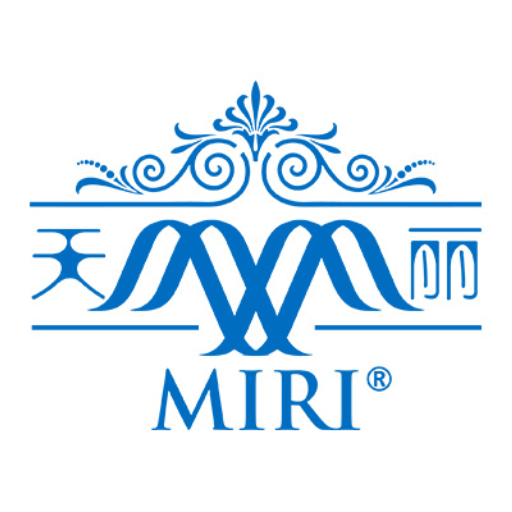Collagen and Hormonal Harmony: The Secret Connection for Women’s Wellness
In the world of women’s health, two essential systems often discussed separately are our hormonal cycles and our structural integrity. What if I told you these systems are deeply connected through one vital protein: collagen? As the most abundant protein in our bodies, collagen serves as more than just the “glue” holding us together—it plays a crucial role in maintaining hormonal balance throughout a woman’s life.
Recent research has revealed that collagen isn’t just about skin elasticity and joint health. It’s a fundamental component of our endocrine system, influencing how our bodies produce and regulate hormones. This connection becomes particularly significant during transitional phases like menopause, when both collagen production and hormone levels naturally decline.
The Collagen-Hormone Connection
Our bodies require specific nutrients to produce hormones, and amino acids—the building blocks of protein—are at the forefront. Collagen provides an excellent source of glycine, proline, and hydroxyproline, which are essential for synthesizing not only structural proteins but also various hormones.
During the menstrual cycle, fluctuating estrogen levels impact collagen production. Estrogen stimulates fibroblasts to produce collagen, which is why many women notice changes in their skin, hair, and nails during different phases of their cycle. This intricate relationship explains why addressing collagen deficiency can help alleviate menstrual discomfort and other hormonal symptoms.
Collagen Through Life’s Transitions
As we navigate different life stages, our collagen and hormonal needs evolve. During perimenopause, the decline in estrogen production leads to a corresponding decrease in collagen synthesis, resulting in thinner skin, joint discomfort, and other telltale signs of aging.
Maintaining adequate collagen levels during this transition is crucial. Studies suggest that supplementing with collagen peptides may help mitigate some of the effects of declining estrogen by supporting skin hydration, joint health, and even bone density—all areas impacted by hormonal changes.
For those experiencing menopausal symptoms, collagen supplementation offers a natural approach to maintaining wellness. Unlike synthetic hormone therapies, collagen works with your body’s natural processes to support overall health and vitality.
Practical Ways to Boost Collagen Naturally
While our bodies produce collagen naturally, production begins to decline after age 25. Here are effective ways to support your body’s collagen production:
First, focus on nutrient-dense foods rich in collagen-boosting nutrients. Bone broth, fish with skin-on, citrus fruits rich in vitamin C, and leafy greens provide the necessary building blocks for collagen synthesis. Additionally, foods containing amino acids like glycine (found in pork, chicken, and gelatin) support your body’s natural collagen production.
For targeted support, consider a high-quality collagen supplement like Miri Collagen Protein, specifically designed to enhance skin elasticity, reduce acne and wrinkles, and strengthen joints. This supplement provides the necessary amino acids to support both structural health and hormonal balance.
Don’t underestimate the power of lifestyle factors. Regular exercise, particularly strength training, stimulates collagen production. Adequate sleep and stress management are equally important, as chronic stress can deplete collagen reserves and disrupt hormonal balance.
A Holistic Approach to Women’s Health
Understanding the connection between collagen and hormonal harmony allows us to take a more comprehensive approach to women’s wellness. Rather than addressing symptoms in isolation, we can support the underlying systems that maintain our health from within.
For personalized strategies that consider your unique hormonal needs, explore Women Supplements: Crafting Your Personalized Health Strategy for Every Life Stage. This comprehensive guide helps you navigate the complex landscape of women’s health supplements, including collagen, to create a regimen that supports your specific needs.
As we continue to unravel the mysteries of women’s health, the connection between collagen and hormonal harmony emerges as a fundamental pillar of wellness. By nourishing our bodies with this essential protein, we support not just our external appearance, but our internal balance and vitality throughout life’s journey.
